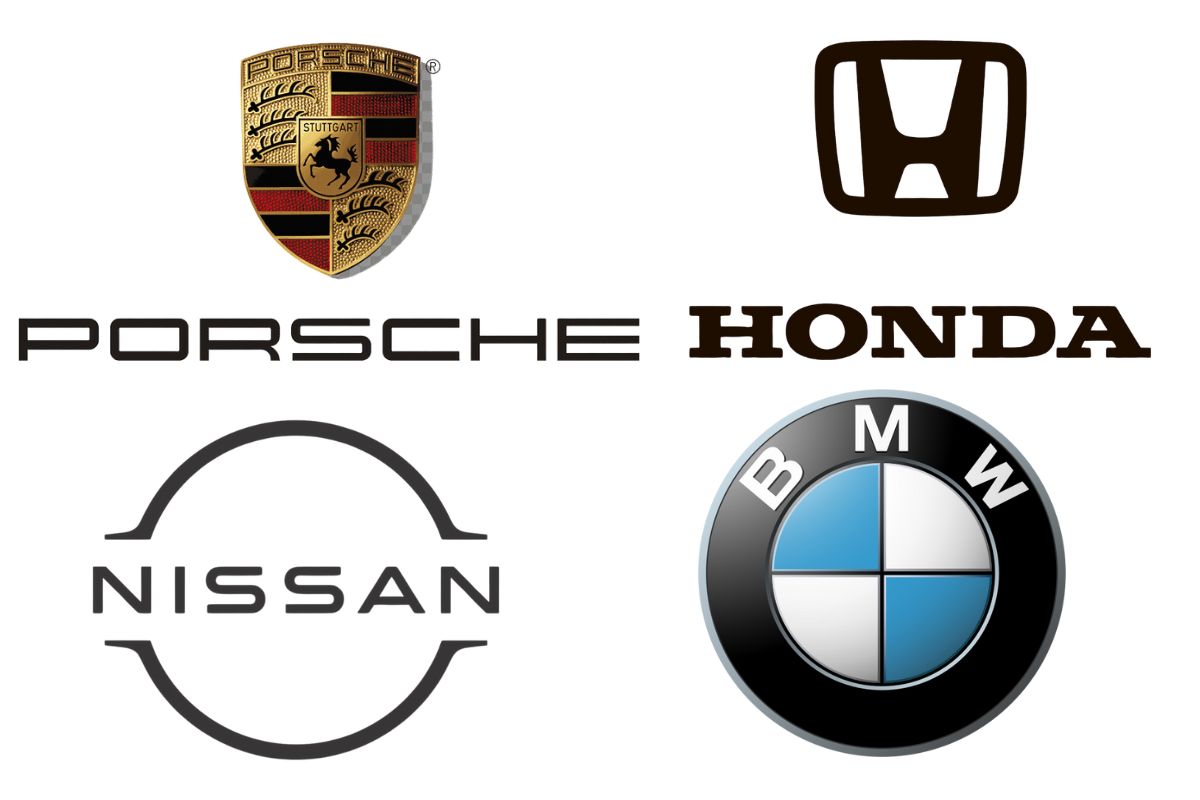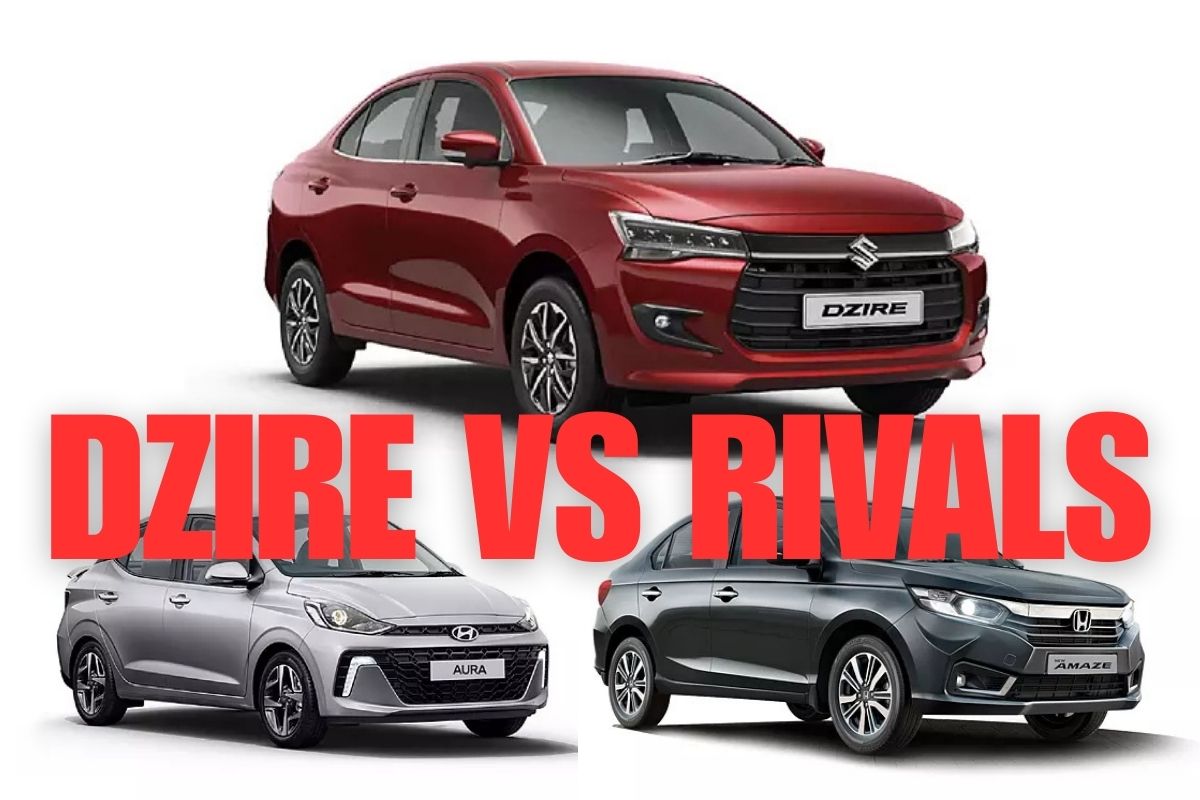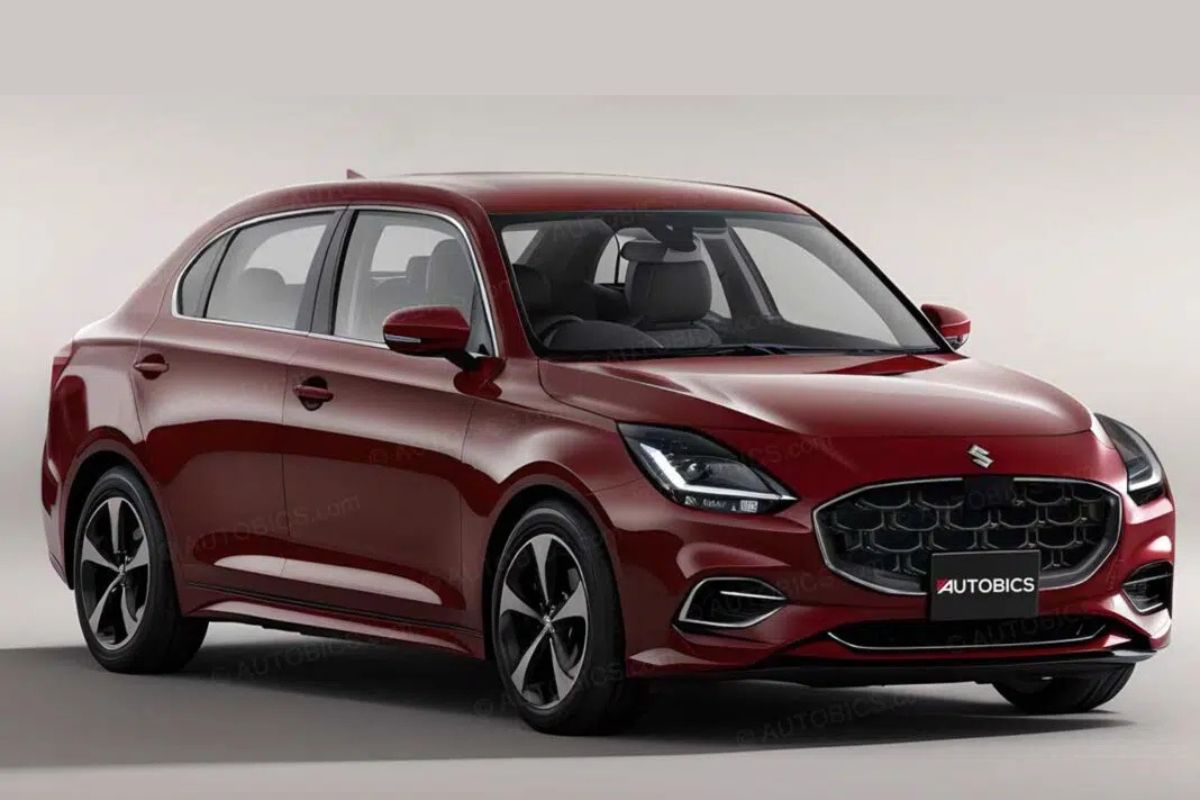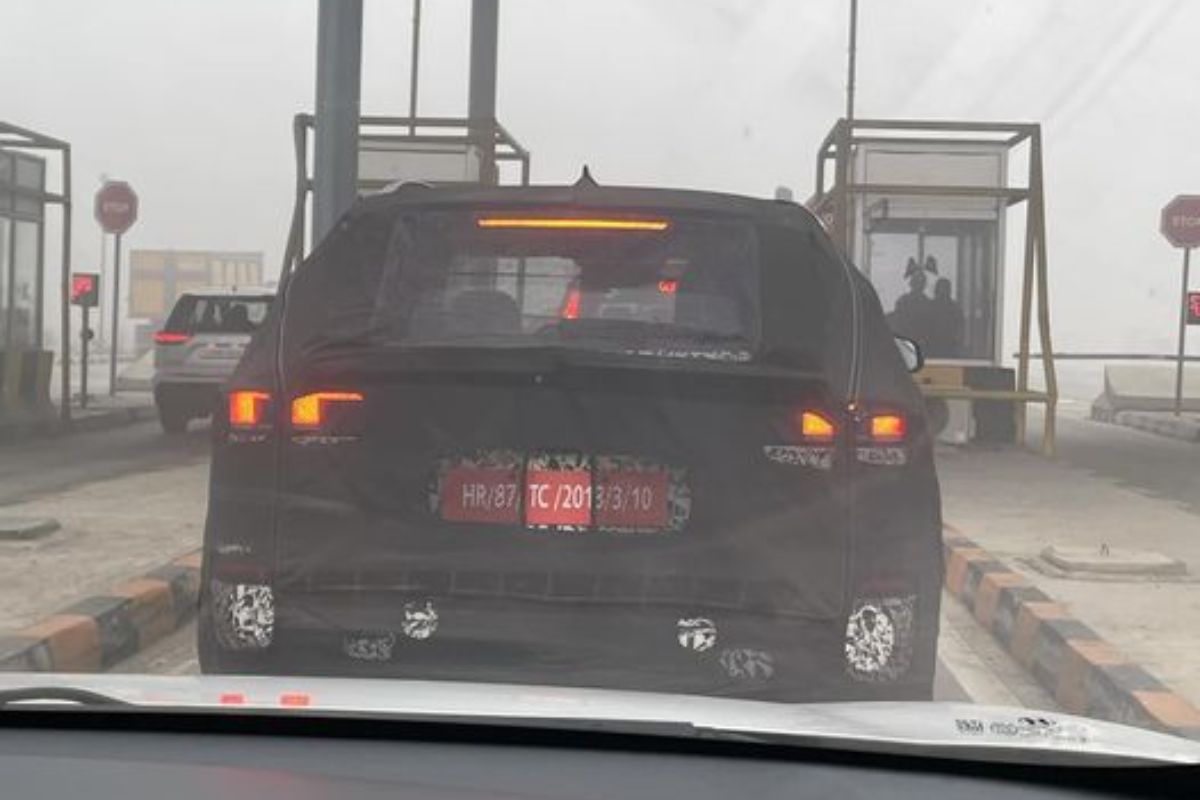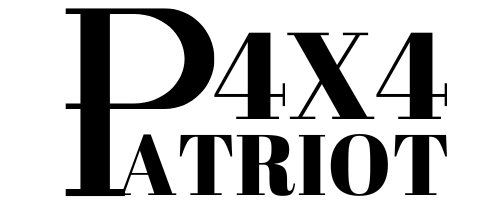Discover the latest car recalls affecting Honda, Nissan, Porsche, and BMW. Learn about the safety issues involved and how to check if your vehicle is impacted.
In a significant move impacting the automotive industry, the National Highway Traffic Safety Administration (NHTSA) has announced the recall of nearly 1.7 million vehicles from several major manufacturers, including Honda, Nissan, Porsche, and BMW. These recalls have raised concerns about vehicle safety and the importance of consumer awareness regarding potential defects. This article delves into the details of these recalls, what they mean for vehicle owners, and how to check if your car is affected.
Overview of the Car recalls
The recent wave of recalls highlights ongoing safety concerns in the automotive sector. The NHTSA reported that 1,693,199 Honda vehicles are being recalled due to a steering defect that could increase the risk of crashes. Other manufacturers like Nissan, Porsche, and BMW have also issued recalls for various issues affecting thousands of vehicles.
Key Manufacturers Affected
- Honda: The largest recall involves nearly 1.7 million vehicles due to a “sticky” steering issue.
- Nissan: Approximately 37,236 vehicles are affected by software-related problems.
- Porsche: About 27,527 Taycan models are recalled due to potential battery short-circuit risks.
- BMW: A total of 11,579 vehicles are being recalled due to brake system malfunctions.
Detailed Breakdown of Recalls
Honda Recall: Steering Defect
A total of 1,693,199 Honda automobiles are being recalled. “The steering gearbox assembly may have been manufactured incorrectly which can cause excessive internal friction and lead to difficulty steering the vehicle,” the automaker stated in the NHTSA report. According to the research, a driver’s chance of a collision may rise if they have steering issues.
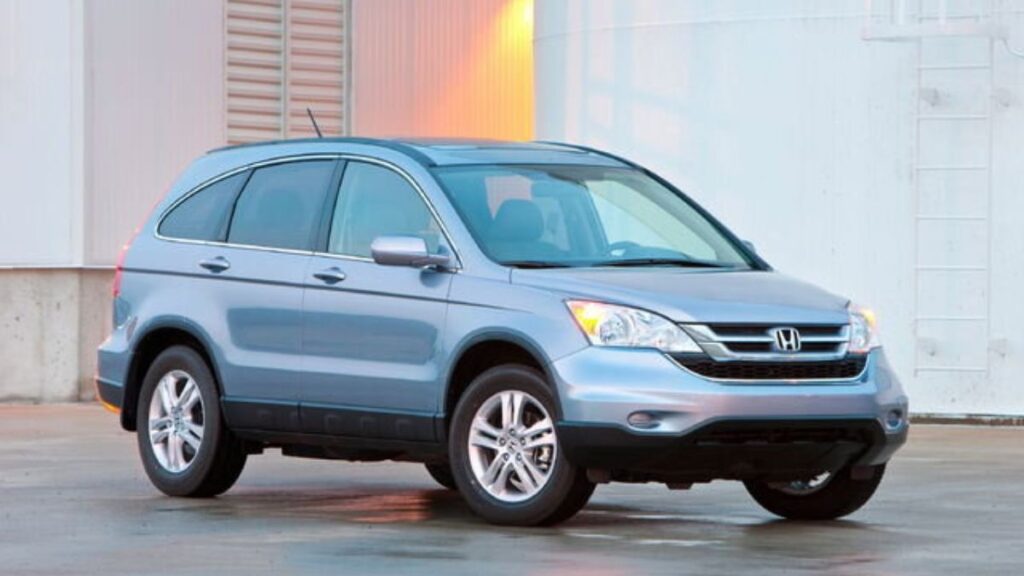
Dealers will redistribute or add grease as needed, and replace the worm gear spring for free. Letters of recall are anticipated to arrive on November 18. Honda Customer Service may be reached by owners at 1-888-234-2138. For this recall, Honda’s numbers are SJS, MJU, QJT, and VJV.
Models Affected:
- 2023-2025 Acura Integra
- 2023-2025 Civic Type R
- 2023-2025 CR-V Hybrid
- 2023-2025 CR-V
- 2023-2025 HR-V
- 2022-2025 Civic
- 2022-2025 Civic Hatchback
- 2024-2025 Acura Integra Type S
- 2025 CR-V Fuel Cell EV
- 2025 Civic Hybrid
- 2025 Civic Hatchback Hybrid
Nature of the Issue
The steering gearbox assembly in these vehicles may have been improperly manufactured, leading to excessive internal friction. This can cause drivers to experience difficulty steering their vehicles, significantly increasing the risk of an accident.
Remedy Offered
Honda will replace the faulty worm gear spring and redistribute or add grease as necessary at no cost to owners. Notification letters are expected to be mailed by November 18, 2024.
Nissan Recall: Software Issues
40,466 of Nissan’s 2024–2025 Rogue and 2025 INFINITI QX80 automobiles are being recalled. “A software error may cause the rearview camera to display a blank screen when the vehicle is in reverse,” according to NHTSA findings. According to the findings, a driver’s rear sight may be diminished when the rearview camera picture is lost while in reverse, which raises the possibility of an accident.
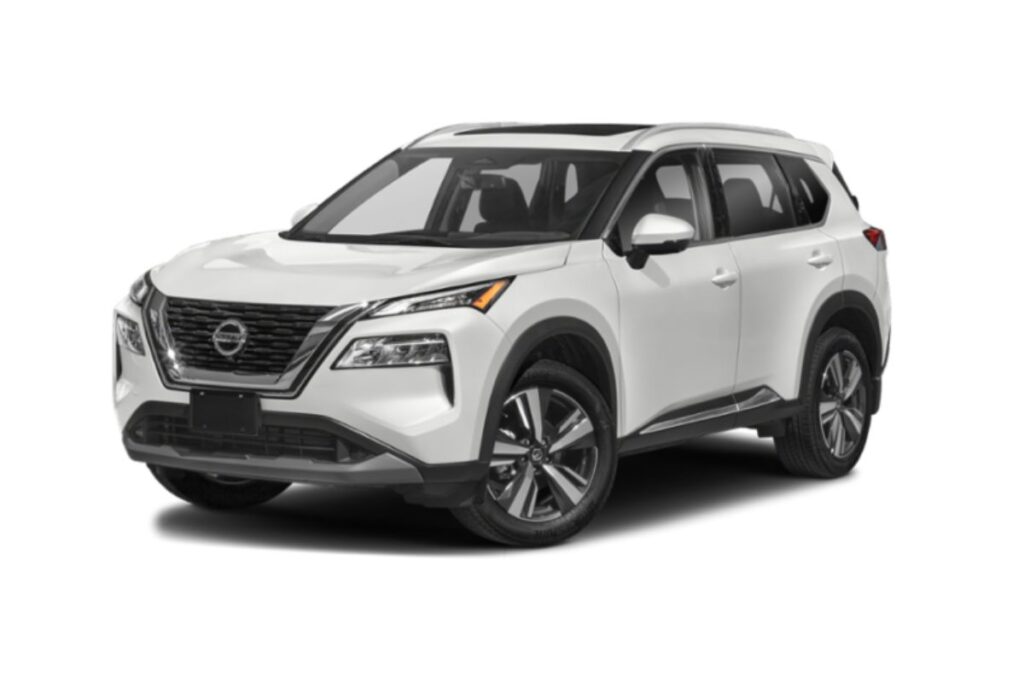
The NHTSA reports for the INFINITI QX80 and Rogue are available by clicking the links.
These cars “fail to comply with the requirements of Federal Motor Vehicle Safety Standard number 111, ‘Rear Visibility,'” according to the government agency.
Affected Models:
- Nissan Rogue
- Infiniti QX80
Remedy Offered
Nissan will provide software updates free of charge to rectify these issues.
read more: Major Problems Ram 1500 Owners Face at 250,000 Miles
Porsche Recall: Battery Short Circuit Risk
27,527 of Porsche’s 2021–2024 Taycan automobiles are being recalled. In the NHTSA report, the automaker stated that “a short circuit within the battery module may occur in the high-voltage battery.” According to the paper, a high-voltage battery short circuit raises the possibility of a fire.
As a last resort, dealers will install sophisticated diagnostic software. It is anticipated that this will be accessible in 2025’s first quarter..
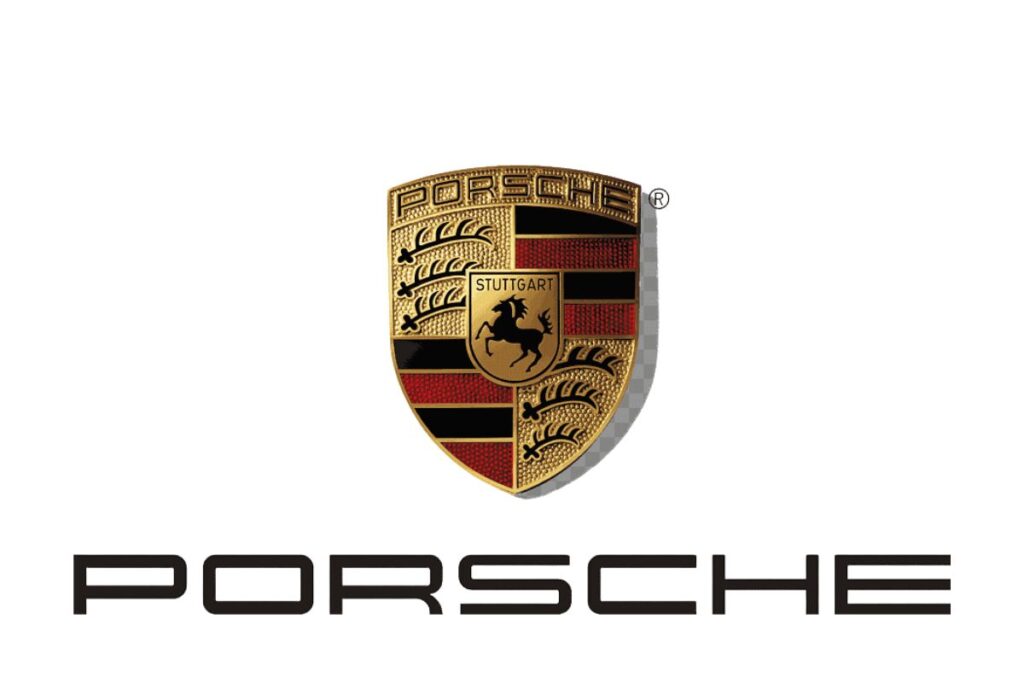
Nature of the Issue
A short circuit within the battery module poses a fire risk.
Remedy Offered
Porsche will install advanced diagnostic software as a remedy and advises owners to limit battery charging to 80% capacity until repairs can be completed.
Letters of recall are anticipated to arrive on November 29. Owners can call 1-800-767-7243 to speak with Porsche customer support. ARB6 and ARB7 are Porsche’s recall numbers. The prior recall numbers 23V-840, 24V-215, and 24V-217 are expanded and replaced by this one.
BMW Recall: Brake System Malfunction
11,579 BMW cars are being recalled. “The integrated brake system may malfunction and result in a loss of power brake assist or cause the Antilock Brake and Dynamic Stability Control systems to not function properly,” according to the NHTSA study. According to the analysis, the distance needed to stop a car might increase if the brakes quit working.
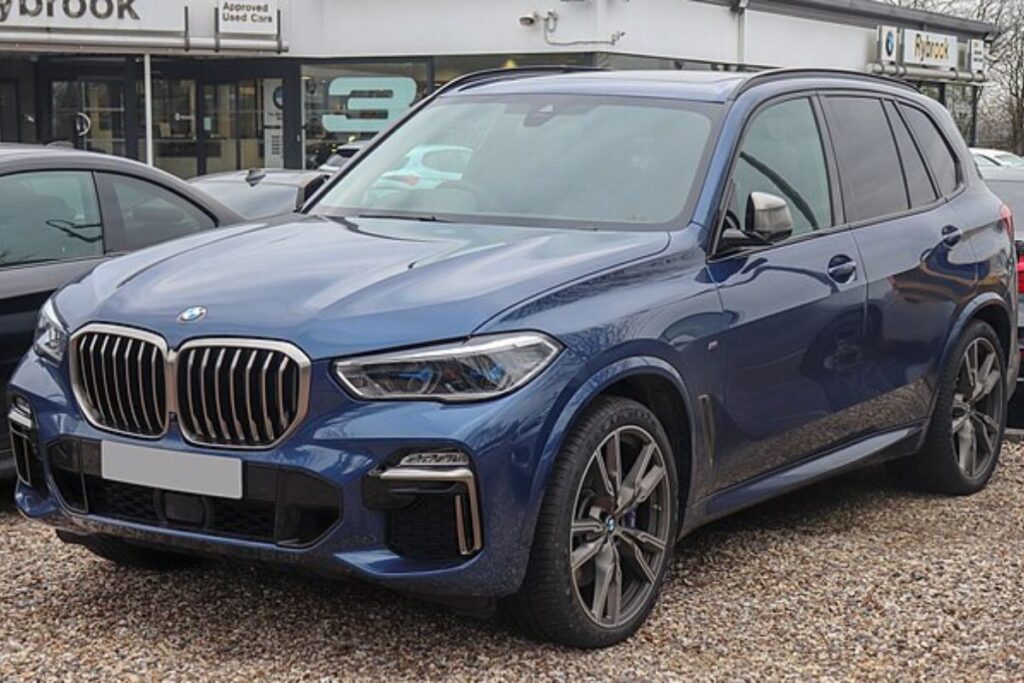
The research also said that a loss of vehicle control may result from malfunctioning Dynamic Stability Control and Antilock Brake systems. These circumstances may make a collision more likely.
Dealers will swap out the integrated brake module as a solution. This service will be rendered without charge. By November 22, owners should get interim recall notice letters alerting them to the safety concern. As soon as the components are available, a second letter will be sent. Owners can call 1-800-525-7417 to speak with BMW customer support. The revised solution must be applied to vehicles that were previously fixed under recall number 24V-104.
Affected Models:
- X1
- X5
- X6
- X7
- XM
- 530i
- I5
- 740i
- 760i
- I7
- 750e
Nature of the Issue
The integrated brake system may malfunction leading to a loss of power brake assist or failure in Antilock Brake and Dynamic Stability Control systems.
Remedy Offered
BMW will replace the integrated brake module free of charge.
Importance of Checking for Recalls
With millions of vehicles recalled each year in the U.S., it is crucial for vehicle owners to stay informed about potential safety issues affecting their cars. Many recalls go unaddressed due to lack of awareness among consumers.
How to Check If Your Vehicle Is Recalled
Owners can easily check if their vehicle is subject to a recall using several methods:
- NHTSA Website:
- Visit NHTSA.gov/recalls.
- Enter your Vehicle Identification Number (VIN) or search by license plate number.
- Review any open recalls associated with your vehicle.
- SaferCar App:
- Download the SaferCar app on iOS or Android.
- Add your vehicle information.
- Receive alerts for any recalls issued for your vehicle or related equipment.
- Contact Manufacturer Customer Service:
- Reach out directly to your vehicle manufacturer’s customer service for information on recalls specific to your model.
The Stakes: Why It Matters
Recalls are not just administrative issues; they can have serious implications for safety on the road:
- Increased Risk of Accidents: Defective components can lead directly to dangerous driving conditions.
- Financial Implications: Addressing recalls promptly can prevent costly repairs later on or potential liabilities from accidents caused by faulty equipment.
- Consumer Trust: Manufacturers must maintain transparency with consumers regarding safety issues; failing to do so can damage brand reputation and consumer confidence.
Stay Informed and Safe
As automotive technology continues to evolve, so do safety standards and regulations. The recent recalls involving Honda, Nissan, Porsche, and BMW serve as a reminder for all vehicle owners about the importance of staying informed about potential safety issues with their cars.
By regularly checking for recalls and addressing any outstanding issues promptly, consumers can ensure their safety on the road while also contributing to overall traffic safety.
Make it a habit to check for recalls at least twice a year—ideally coinciding with seasonal changes such as daylight saving time adjustments—to keep you and your loved ones safe while driving.
